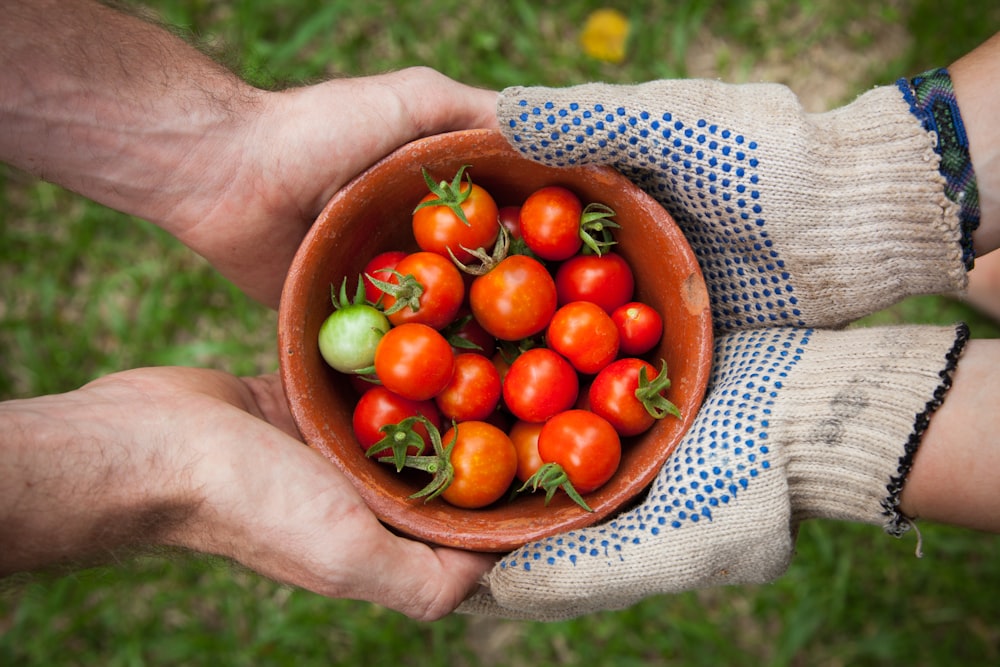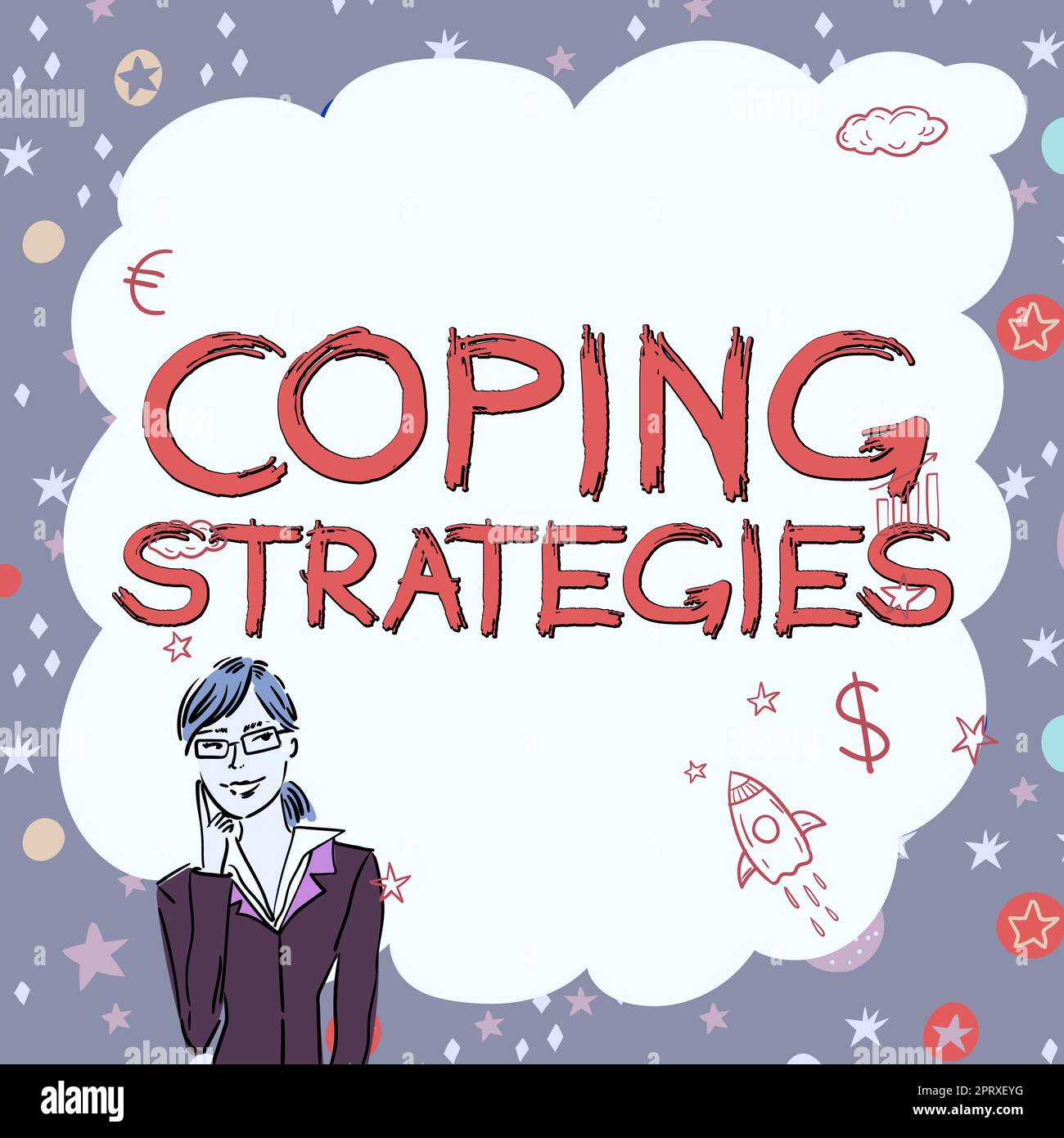Embarking on Your Food Garden Journey
Getting Started
Embarking on the journey of cultivating your own food garden is an exciting and rewarding endeavor. As a beginner, it’s essential to start with the basics and gradually expand your knowledge and skills. Begin by selecting a suitable location for your garden, considering factors such as sunlight, soil quality, and accessibility to water. Once you’ve chosen a spot, it’s time to roll up your sleeves and get started.
Choosing Your Crops
When selecting crops for your food garden, consider your climate, available space, and personal preferences. Start with easy-to-grow vegetables such as tomatoes, lettuce, and peppers, which are perfect for beginners. As you gain confidence and experience, you can experiment with a wider variety of crops, including herbs, fruits, and root vegetables. Consider planting a mix of seasonal and perennial crops to ensure a continuous harvest throughout the year.
Preparing the Soil
Healthy soil is the foundation of a successful food garden, so it’s essential to invest time and effort in preparing your soil. Begin by removing any weeds and debris from the area and loosening the soil with a garden fork or tiller. Incorporate organic matter such as compost or aged manure to improve soil structure and fertility. Test your soil pH and nutrient levels to ensure that it provides an optimal growing environment for your plants.
Planting and Care
Once your soil is prepared, it’s time to plant your crops. Follow the planting instructions provided on seed packets or plant labels, spacing your plants according to their mature size and growth habits. Water your garden regularly, keeping the soil consistently moist but not waterlogged. Monitor your plants for signs of pests or disease, and take prompt action to address any issues that arise. Mulch around your plants to suppress weeds, conserve moisture, and regulate soil temperature.
Harvesting Your Bounty
As your food garden grows and matures, you’ll be rewarded with a bountiful harvest of fresh, homegrown produce. Harvest your crops when they reach their peak ripeness, picking fruits and vegetables regularly to encourage continued production. Enjoy the satisfaction of eating food that you’ve grown yourself, knowing that it’s free from pesticides and chemicals. Share your harvest with friends and family, and consider preserving any excess produce through canning, freezing, or drying for later use.
Troubleshooting Common Issues
Despite your best efforts, you may encounter challenges and setbacks in your food garden journey. Common issues include pests, diseases, nutrient deficiencies, and environmental stressors such as extreme weather conditions. Take a proactive approach to addressing these issues, using organic pest control methods, disease-resistant plant varieties, and balanced fertilization practices. Consult gardening books, online resources, and local gardening experts for advice and guidance on overcoming specific challenges.
Growing Your Skills
As you gain experience and confidence in gardening, challenge yourself to expand your skills and knowledge. Experiment with different growing techniques such as companion planting, crop rotation, and vertical gardening to maximize your garden’s productivity and efficiency. Attend gardening workshops, join community garden clubs, and participate in online forums to connect with other gardeners and learn from their experiences. Remember that gardening is a lifelong learning journey, and there’s always something new to discover and explore.
Enjoying the Fruits of Your Labor
Above all, don’t forget to savor the joys of gardening and the fruits of your labor. Take time to relax and enjoy your garden, whether it’s through leisurely walks among the plants, quiet moments of contemplation, or lively gatherings with friends and family. Celebrate the successes and learn from the failures, embracing the ups and downs of the gardening journey. Cultivating your own food garden is not just about growing food—it’s about nurturing a connection to the earth, fostering a sense of self-sufficiency, and enriching your life with beauty, abundance, and joy. Read more about food garden











